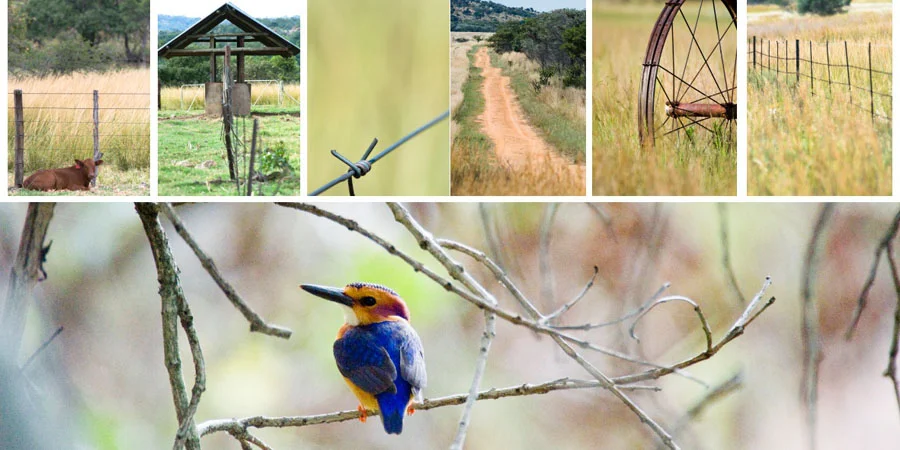More and more, we see lifestyle habits leaning towards health and wellness, but before we can make the right choices for our bodies – we need to be informed, we need to be educated about where our food comes from, how it was planted, reared, harvested, processed, packaged. We too often bury our heads in the sand rather than take an interest in the ‘industrial’ food chain – choosing to remain ignorant of the less than glamorous details.
For a long time, we lost sight of the humble farming practice as we got sucked into a system of mass production, economies of scale and processed goods. Inevitably, we were bound to pay the consequences and all too soon we could no longer turn a blind eye to toll our bodies were paying [Enter the rise in obesity and chronic disease].
The message is simple – let’s go back to what is Natural
1. nat|ural
[ˈnatʃ(ə)r(ə)l]
ADJECTIVE
existing in or derived from nature; not made or caused by humankind
having had a minimum of processing or preservative treatment
Easier said than done, we hear you say, and we'd have to agree. Our increasingly fast-paced, busy lifestyles dictate a demand for affordable, convenience goods. Ironically, going back to basics requires going out of our way a little, challenging the status quo and often digging deeper into our pockets. We all, in theory, subscribe to a healthy way of living and eating. No doubt you have posted that INSTA pic of your courgetti with lean freerange mince, choosing the perfect filter to catch the glow of parmesan garnish #consciousliving #healthyhappylife #vitality. Yet chances are tomorrow you are back to purchasing those frozen chicken schnitzels for an affordable, fast, easy Tuesday night dinner.
The struggle is real!
The thing that drives us to continue swimming upstream and change the way we produce and consume food is quite simple, it’s the thought of the alternative; do nothing but continue to consciously make choices that knowingly destroy our ecosystem – the ecosystem which includes you, the environment and our future food security.
At FreedomVeld we are committed to educating consumers about their food choices, providing them with alternatives and giving them the freedom to select the kind of meat they wish to include in their diets. Hopefully over time, consumers purchasing power in the fresh meat category will change, and so too will the demand for ethically reared, freerange, grass fed beef, and with this, supply and convenience will grow – until this food producing practice become the industry standard, rather than the exception.


